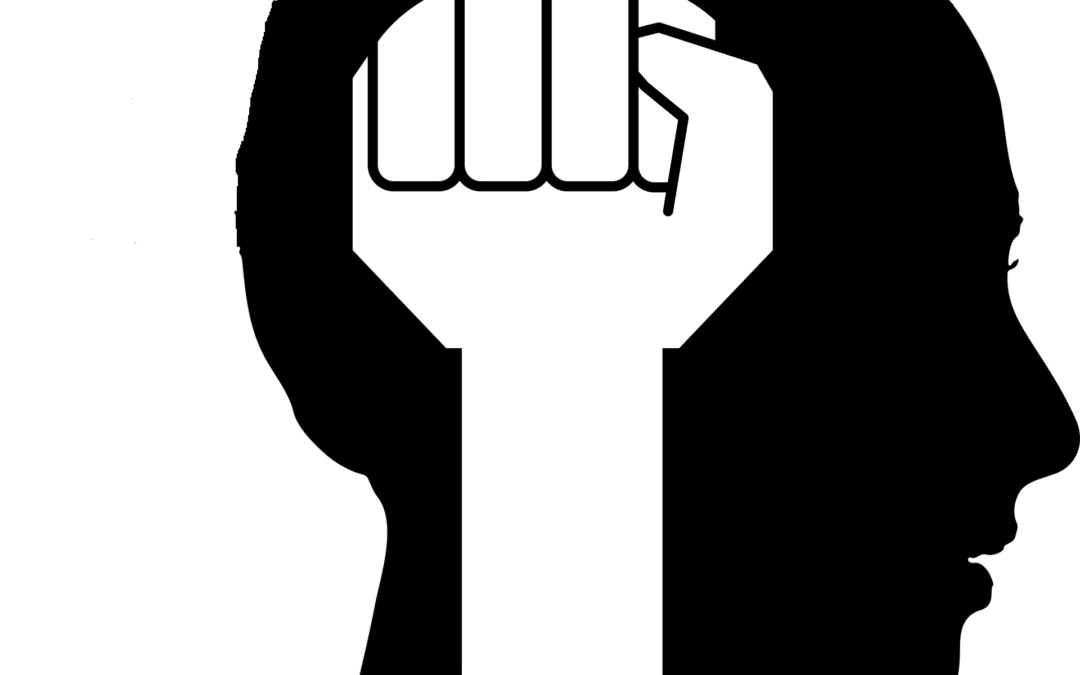Empowerment is a word that is mostly associated with women’s empowerment these days. However, this is not what I had in mind when I chose the empowerment niche as the area in which I would like to coach.
Empowerment, to me, signifies the ability to be the best version of yourself. We are all born with the ability to be ourselves and then along the way, we forget how that is the biggest and truest value that we have. The demands of everyday life, the expectations of others (starting with parents, teachers, partners, teams, employees, bosses, and even children), the beliefs that we concretize in our minds, and the truths that we hold on to (based on our experiences, of course) lead us to believe that we are not enough!
This is not to say that we should not change or develop or look at areas of improvement but an invitation to all to recognize that the best way for us to give to the world is by being ourselves and allowing ourselves to shine!
What is Empowerment?
Based on the dictionary definition of empowerment, it is the process of becoming stronger and more confident, especially in controlling one’s life and claiming one’s rights. Sounds simple and easy!
You are empowered if you feel that you are in control. You are empowered if you feel that you shall be okay and will be able to manage things when you need to. You are empowered if your basic human rights are not being challenged and kept away from you.
However, empowerment is not something someone can give you. A few years back there was a lot of talk about team empowerment and how managers can and should empower their team members. Empowered managers are a great asset to have. It shows that the leaders are not insecure and are not holding back the growth of their protégés. However, no amount of empowerment will work if the individual is not ready to take the 4 steps that lead towards empowerment.
The 4 Stages of Empowerment
The four stages of empowerment and what they include have been discussed below:
1. Self-Awareness
This is the starting point for all self-development that takes place and becoming empowered is no different. The awareness that is required at this stage includes aspects such as skills, personality, resources, knowledge, and confidence.
Needless to say, this is a tall order. It is not uncommon for someone to feel empowered in some areas and utterly at wit’s end in others. For example, someone may feel that they are completely in control of the situation and themselves when it comes to planning and creating a dinner for 10. The same person may feel totally unable and flummoxed at the idea of financial management.
The self-awareness stage of empowerment allows you to consciously take stock of where you are with various aspects of life. It is also a great exercise to indulge in as soon as you become an independent adult so that you can start working in the specific areas where you need more empowerment. Read how you to become self-aware in this Forbes article by Pierson Krass.
2. Self-Acceptance

The self-acceptance stage is critical. Missing out on this stage will leave you feeling inadequate and ‘not enough’, something that is the opposite of empowerment. In a world that seems to demand perfection from most of us, self-acceptance allows us to start from a place of acceptance as we create our personal and unique solutions to solve a practical or emotional problem.
It is important to note that everyone does not need to feel totally in control of every situation. Nor is it mandatory for you to be able to do everything. As an independent adult, you can access resources as and when you need them. For example, if you are not financially savvy, you need to be able to find resources and people who can help you invest smartly (if that is your need). If you are not a great party planner, you may need to know which foodie friend to call when you know you have guests coming over. If you are not able to manage the resources, you should nevertheless be able to handle your own emotions are that time.
Self-acceptance is not an excuse for laziness or inaction. It is the space from which you launch yourself towards change and making things better for yourself. The improvement that you want to make in yourself is not defined in stone and it should not be defined by what ‘others’ feel it should be. When you launch your next steps from a space of acceptance, you are able to see and hear your own voice better. You are then able to take the steps that are truly right for you!
3. Self-Belief

The third stage of empowerment is no less challenging. After awareness and acceptance it is time to act towards a higher level of control in your life. This means that you have to make decisions about what to do and actually do those things that will help you become more ‘empowered’.
Doubts riddle us at this stage as we uncover a whole host of limiting beliefs that we may have gathered about ourselves. ‘I am not enough’, ‘I do not have the skills to get this done’, ‘I am just too old/young/submissive/simple/aggressive/<fill in any label you have given yourself> to do this’, and other thoughts such as these are common at this stage.
Reach into your self-awareness practices and become aware of how you are holding yourself back. Just ask yourself whether you would say these things to someone who is a good friend. Would you not encourage them to believe in themselves more than you are believing in yourself? Be a good friend to yourself and take active steps to stop the negative self-talk; being harsher on yourself is akin to expecting yourself to be some kind of diva or superwoman and that is first and foremost, unfair. Secondly, it is not helping you in getting any closer to your goal anyway.
These thoughts disempower you. They do not empower you. And the moment you learn tools to question them, you will realize that there is no thought that is absolute or 100% true and can always be challenged! Choose to have the thoughts that ‘help’ you, not those that pull you back!
4. Self-Realization
Often people use self-realization and self-actualization interchangeably. I would like to make a distinction between the two. Self-actualization takes us into the realms of spirituality and absolute abundance. Self-realization can come to you in different areas of your life. It is almost as if you can keep getting self-realized in various aspects of your life and then you can reach actualization (with an important and essential dose of the ‘x’ factor).
As you achieve awareness, acceptance, and belief in specific areas, you will reach self-realization in those areas as well. This is similar to the peace you feel in certain environments, while doing some specific activities, or when you are around some people. It also feels unshakeable and sturdy; a knowing that nothing can perturb you in this arena!
For the self-actualization seeker, it is essential to keep at these steps in various areas of life and await the ‘x’ factor that will lead towards self-actualization!


So well elucidated. We often lose sight of ourselves in trying to live up to what people see in us.
But if we don’t empower ourselves, we do ourselves a great disservice.
Trying to make sure we all do not forget 🙂